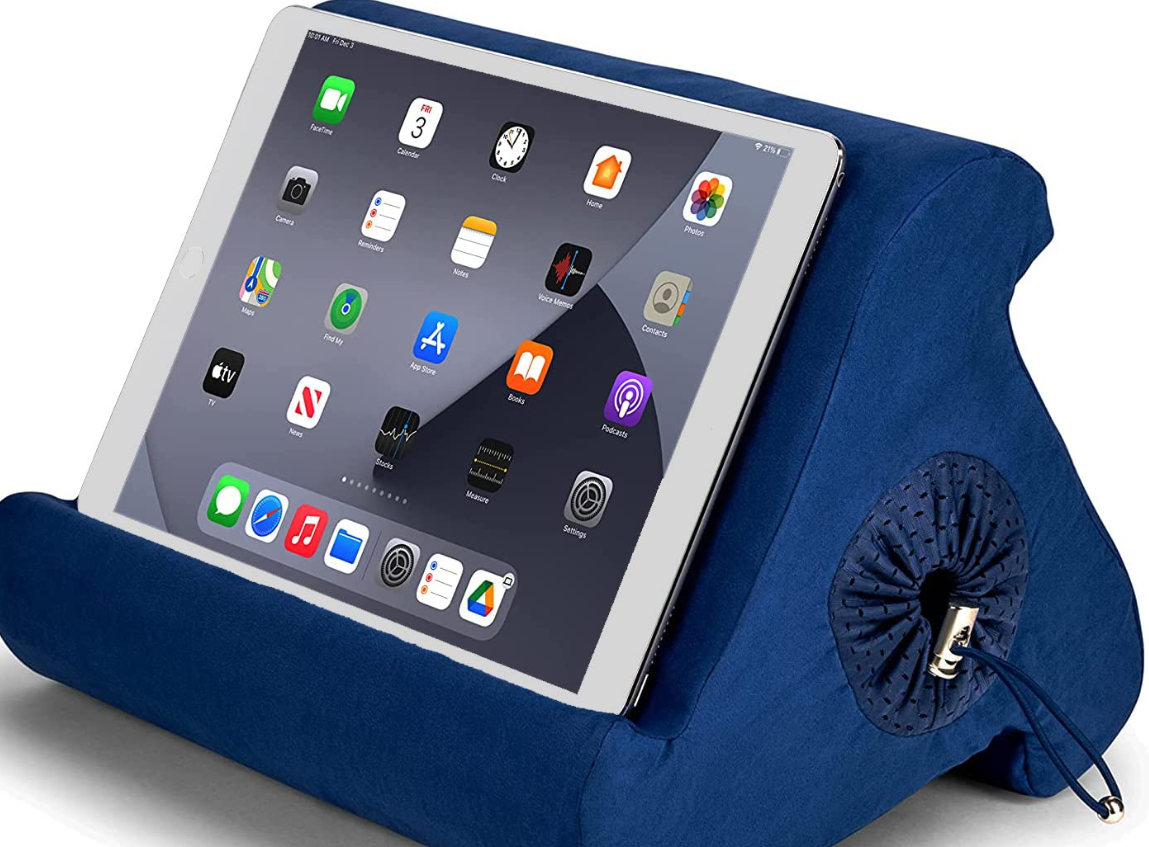Social media can be a good tool for staying connected with friends and family, staying informed about current events, and sharing and discovering new content. However, it can also have negative effects if it is not used wisely and mindfully. Some potential negative effects of social media include: Addiction: It can be easy to get caught up in the endless scroll of social media, leading to excessive use and addiction. Negative impact on mental health: Social media can contribute to feelings of loneliness, anxiety, and low self-esteem if it is not used in a healthy way. Spread of misinformation: Social media can be a breeding ground for misinformation and fake news, which can lead to confusion and harm.
Invasion of privacy: Social media can potentially expose personal information and activity to a wide audience, which can be a concern for privacy. Overall, it is important to use social media in a way that is positive and mindful, and to be aware of its potential negative effects.
There are several effective ways to use social media to promote your business or website:
- Determine your goals: Before you start using social media, it is important to determine what you want to achieve with your social media efforts. Do you want to drive traffic to your website, increase brand awareness, or generate leads? By setting clear goals, you can create a more focused and effective social media strategy.
- Choose the right platforms: Not all social media platforms are created equal, and it is important to choose the ones that are most relevant to your business or website. For example, if you are a visual artist, platforms like Instagram and Pinterest might be more effective for you than LinkedIn.
- Create valuable and shareable content: To be successful on social media, you need to create content that is valuable to your audience and that they will want to share with their own followers. This could include blog posts, videos, infographics, or other types of content that are relevant to your business or website.
- Engage with your audience: Social media is a two-way conversation, and it is important to engage with your followers by responding to comments and messages, asking for feedback, and starting discussions.
- Use hashtags and participate in relevant conversations: Hashtags can help you reach a wider audience and participate in relevant conversations on social media. Use relevant hashtags in your posts, and search for and participate in conversations that are related to your business or website.
- Use paid advertising: While organic reach on social media can be limited, paid advertising can help you reach a larger audience and achieve your goals more quickly. Use tools like Facebook Ads or Twitter Ads to target specific demographics and interests.
What are forms of social media?
- Social networking sites: These are websites that allow users to create profiles, connect with friends and family, and share content. Examples include Facebook, LinkedIn, and Google+.
- Microblogging sites: These are sites that allow users to share short updates, or “microblogs,” with their followers. Examples include Twitter and Tumblr.
- Image-based social media: These are platforms that are primarily focused on sharing and viewing images. Examples include Instagram and Pinterest.
- Video-based social media: These are platforms that are primarily focused on sharing and viewing videos. Examples include YouTube and TikTok.
- Blogging platforms: These are platforms that allow users to create and publish their own blog posts. Examples include WordPress and Blogger.
- Discussion forums: These are platforms that allow users to participate in online discussions on a variety of topics. Examples include Reddit and Quora.
Tips on How to use
To use social media wisely and mindfully, you should consider the following tips:
Set limits: It can be easy to get caught up in the endless scroll of social media, so it is important to set limits on the amount of time you spend on these platforms. Consider using a tool like Freedom or Cold Turkey to block access to social media during certain times of the day.
Be mindful of your online presence: Think about the image you are presenting to the world through your social media profiles and activity. Be mindful of the content you post, and consider whether it is something you would be comfortable with your boss, family, or future employers seeing.
Protect your personal information: Be mindful of the personal information you share on social media, and consider adjusting your privacy settings to control who can see your activity and personal information.
Be aware of the impact of social media on your mental health: Social media can have both positive and negative impacts on your mental health. Be aware of how you feel after using social media, and take breaks if you find that it is causing you stress or anxiety.
Use social media to connect with others in a positive way: Social media can be a great way to stay connected with friends and family, but it is important to use it in a way that is positive and supportive. Avoid engaging in online arguments or spreading negativity, and instead use social media to build positive relationships and support others.





